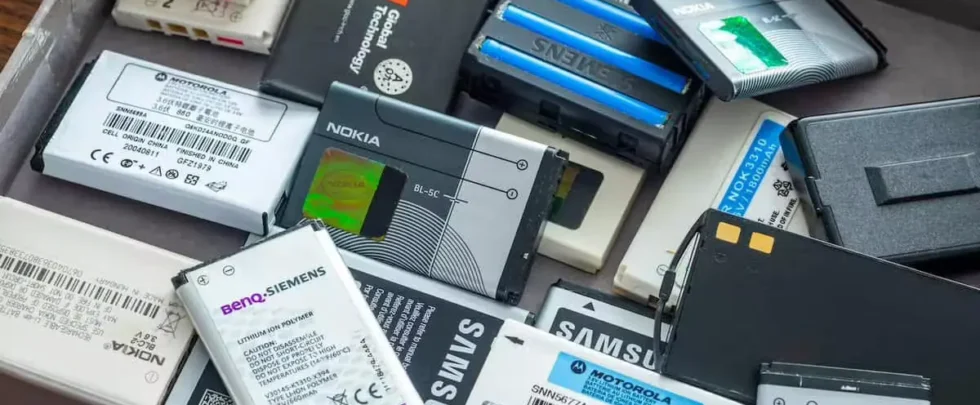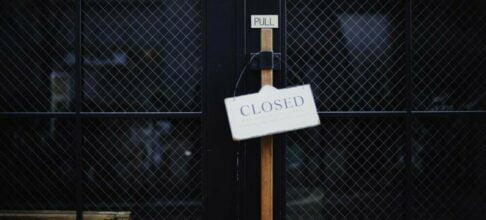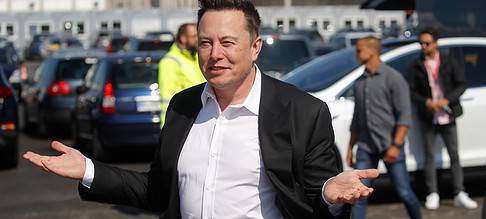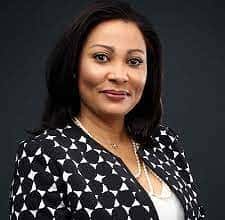FedEx, Pyxera Global and several other companies launched the Circular Supply Chain Coalition on May 22 to boost the U.S. supply of critical minerals for new tech hardware by "mining" discarded consumer electronics.
Electronic goods all need rare earth elements. Batteries need lithium, nickel, cobalt, manganese and graphite to function. Aluminum and copper are required for chips and circuits. This is as true for wind turbines and electric vehicles as it is for phones and laptops. Global demand for critical minerals could quadruple by 2040, and prices are expected to rise.
Yet mining for these ingredients is underdeveloped in the U.S., which imports 80 percent of its supply. China dominates the market, processing up to 90 percent of rare earth elements worldwide.
The Department of Energy and the International Energy Agency have recommended sourcing critical minerals from used consumer products, sometimes called "urban mining." Americans throw away 8 million tons of electronics every year, about 46 pounds per person, according to the U.N.’s 2024 Global E-waste Monitor.
The CSCC wants to bring together logistics companies and community enterprises to tap into this "distributed" supply.
Local hubs to recycle e-waste
Unlike global manufacturing and distribution, recycling and upcycling happen locally, through municipal waste systems, entrepreneurs or local Goodwill sites, according to Brandon Tidwell, FedEx principal of global citizenship and sustainability. The CSCC’s vision thus includes a network of small businesses and nonprofits processing e-waste.
The coalition’s founding partners hope to establish logistics hubs in Phoenix, Atlanta and Cleveland where electronics will be recycled, creating "green jobs" for underserved communities.

"We want to scale and transform and prioritize reuse, and remanufacturing, around critical mineral value chains, period, and develop a business case for that," said John Holm, senior vice president of partnership development at Pyxera Global in Washington, D.C.
"In a fully implemented … project model, you would have small businesses in one city that process the e-waste, [that] will be networked together," Holm said. "They will sell the recovered materials to a large clean energy technology manufacturer through a forward procurement financial mechanism called the circular services agreement," he said.
Pilot program in Tennessee
To test the concept, Memphis-based FedEx, with Pyxera Global and Metabolic of Amsterdam, ran a five-month pilot program in Lebanon, Tennessee, that ended in March. It’s a template of what the coalition hopes to grow in other cities.
The program invited consumers to mail in their used laptops and tablets with a free FedEx shipping label. The Electronics Reuse and Recycling Alliance (TERRA), a Nashville-based IT scrap management company, collected the items and wiped their hard drives.
This is about leveraging your company’s sustainability goals toward the goals community members have.
Some devices went to Electronics Recycling Solutions (ERS), a local organization that trains people with disabilities to refurbish or recycle the gear. Unsalvageable equipment went to the American Battery Technology Company in Reno, Nevada, which recovers metals for EV batteries.
FedEx’s case for sustainable logistics
Another pilot involved collecting marine plastic waste in Alaska for building materials. The pilots didn’t directly support FedEx’s goal of carbon neutrality by 2040, which includes electrifying its fleet.
"For most of our customers, we are their Scope 3 emissions, so they’re often looking to us to say, what are you doing to help?" Tidwell said.
"The circular logistics work is, what role do logistics companies play? And [are] there things that we can do to work with our different customers to potentially recycle or upcycle materials or reuse materials along the way?"
Coalition partner list
Other core partners involved in the launch of the coalition are Metabolic, the Sustain Our Future Foundation and Circular Consulting. Partners include consultancy WSP, FirstMile, the Virginia Commonwealth University Supply Chain Lab and the WBCSD Circular Electronics Partnership.
"This is about leveraging your company’s sustainability goals toward the goals community members have," said Yinka Bode-George, founder and CEO of the Sustain Our Future Foundation in Washington, D.C. ”It is possible to leverage both of these things at the same time."
The coalition is seeking new partners and several major tech companies have expressed interest, according to the CSCC.
"It's really an opportunity for us to engage companies who may be dabbling at the edges of this, but don't really know where that space needs to be," Tidwell said.














